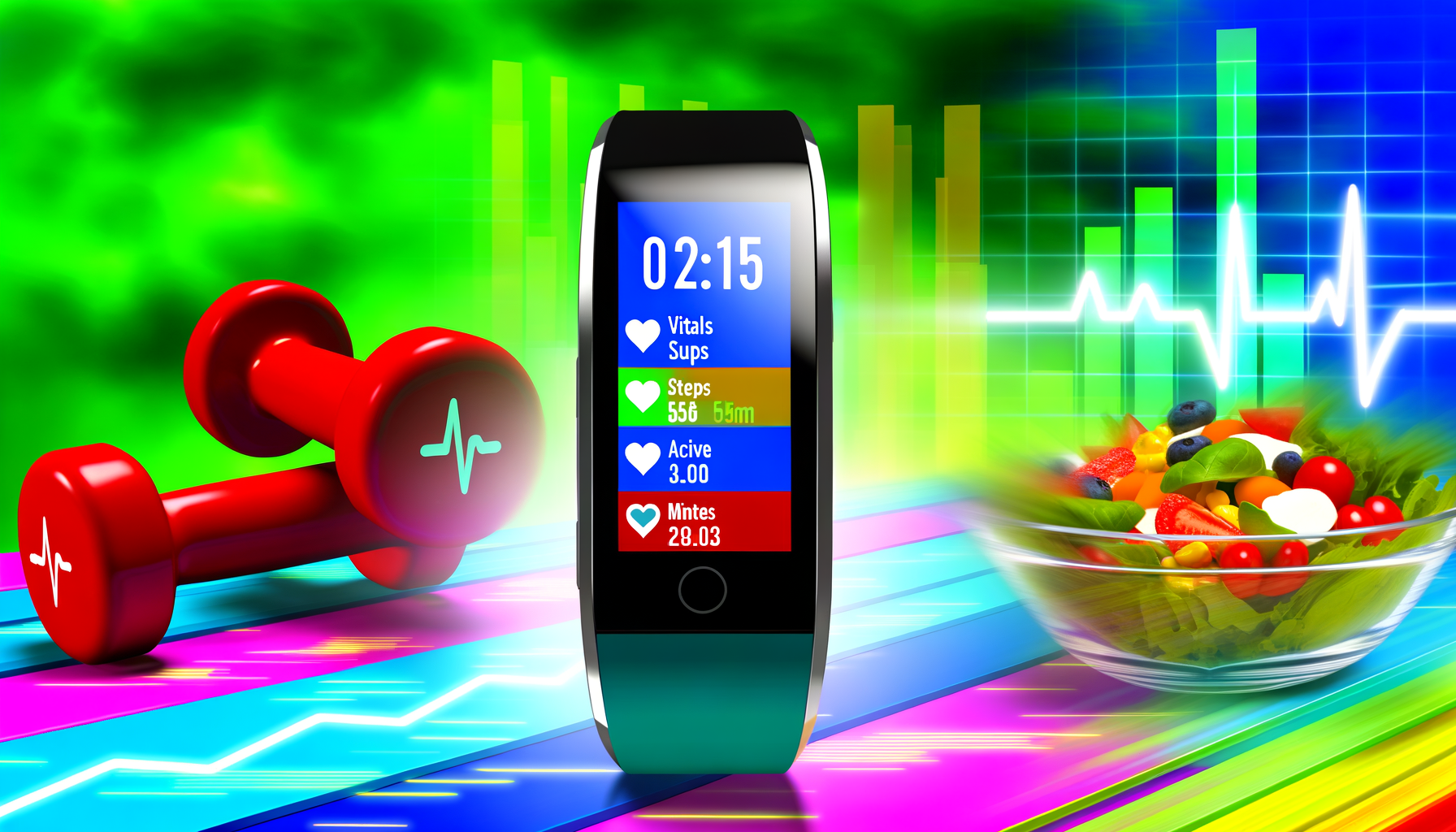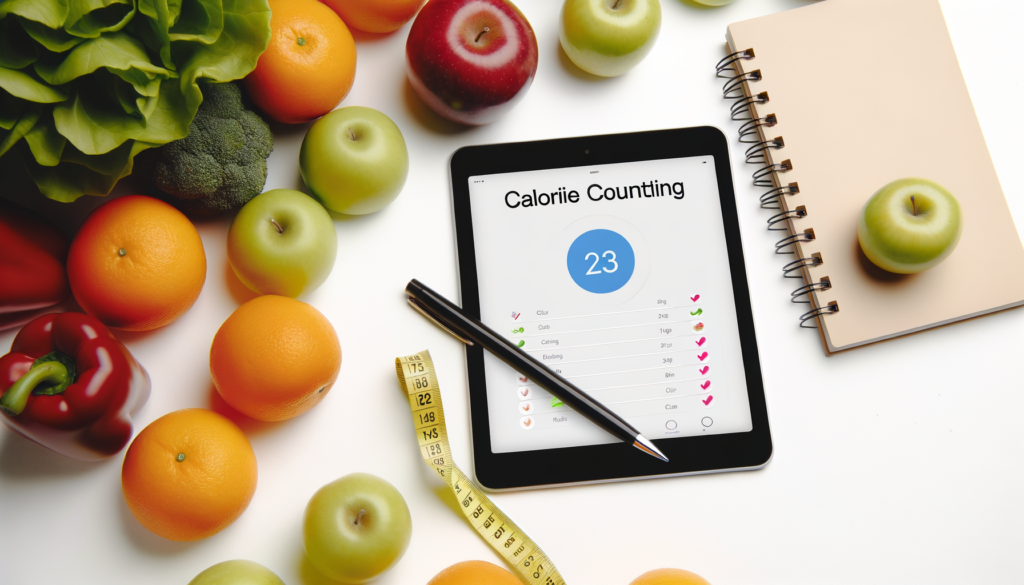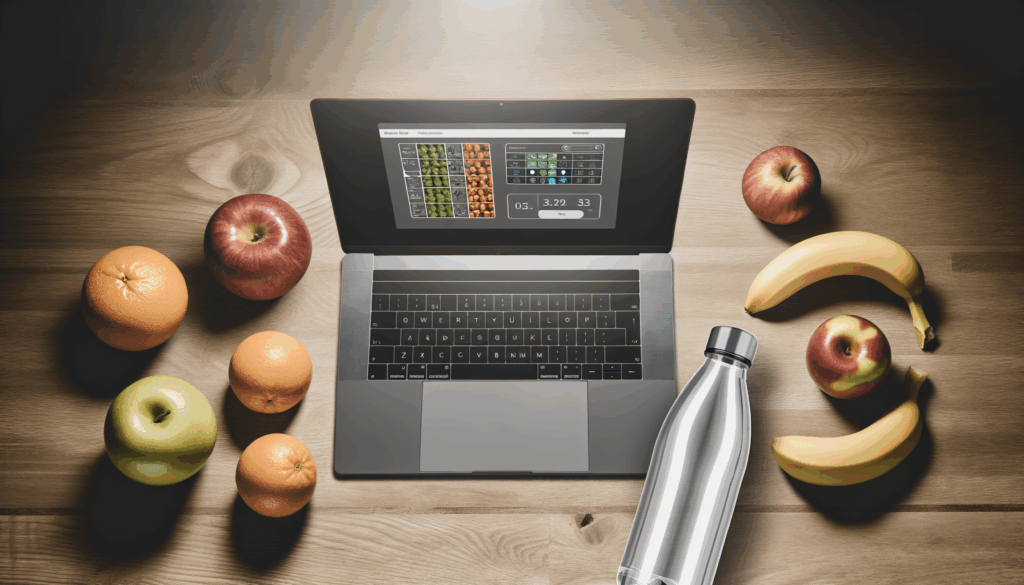Unlocking the Power of Calorie and Nutrition Calculators in Fitness Tracking Devices
The rise of fitness tracker tools has transformed how individuals monitor their health, exercise, and nutrition. Among the many features, the integration of calorie calculator for trackers and nutrition calculators stand out as pivotal advancements that empower users to get real-time, personalized insights into their energy expenditure and dietary intake. These tools not only enhance user engagement but also foster smarter health decisions through seamless health tech integration.
Why Calorie Calculators Are Crucial for Fitness Trackers
Fitness trackers such as Garmin, Fitbit, and Apple Watch provide continuous feedback on calories burned during daily activities and workouts. This data helps users tailor their nutrition and exercise plans. However, the raw numbers reported can sometimes be misleading if not contextualized properly.
- Accuracy in Estimations: Many fitness trackers estimate calories using heart rate data combined with physical parameters like age, weight, and height. Devices with heart-rate monitors generally provide more accurate calorie burn estimates by correlating heart rate zones with energy expenditure.
- Adjusted Based on User Feedback: The best results occur when users adjust calorie estimates over time by tracking actual weight changes and energy balance. For example, if weight fluctuates unexpectedly, it signals that calorie estimations and intake may need recalibrating.
For endurance athletes or users engaged in high-intensity workouts, accurate calorie tracking is especially critical. It optimizes nutrition timing, fueling, and recovery strategies. Yet, as experts highlight, even state-of-the-art sensors have limitations, so fitness trackers should be viewed as helpful guides rather than absolute measures.
Nutrition Calculators: Empowering Diet Decisions on the Go
Nutrition calculators integrated into fitness trackers or companion apps provide actionable insights beyond calories burned by estimating the macronutrient breakdown and micronutrient intake. Users can log meals and get real-time feedback on how their food choices align with fitness goals such as weight loss, muscle growth, or maintenance.
- Personalized Recommendations: By analyzing input data like food type, serving size, and timing, nutrition calculators help maintain a balanced diet tailored to an individual’s needs. For instance, users aiming for muscle gain might increase protein consumption, while weight loss seekers monitor calorie deficits precisely.
- Integration with Food Databases: Many tools pull from extensive food databases, enabling quick calorie and nutrition look-up for packaged foods or restaurant meals, making tracking less cumbersome.
- Motivational Value: Seeing immediate effects of dietary choices encourages sustained adherence, which is essential for long-term success.
Engaging Fitness Tracker Users Through Advanced Tools
To ensure users remain motivated and committed, many apps now offer features that turn data into engaging experiences:
- Goal Setting and Progress Reports: Users can set targets for calories burned or nutrients consumed, with progress visually displayed in dashboards.
- Challenges and Social Sharing: Platforms like Fitbit and Garmin Connect provide community challenges that promote accountability and friendly competition.
- Customized Notifications: Reminders to log meals or hydrate help maintain consistent data entry, improving the quality of insights generated.
Such features not only enhance user satisfaction but significantly increase retention rates, benefiting both users and developers of fitness tracker tools.
Health Tech Integration: The Future of Fitness and Nutrition Tracking
The evolving landscape of health tech integration sees calorie and nutrition calculators becoming more interconnected with broader health ecosystems:
- Wearables Syncing With Health Platforms: Smartwatches and fitness trackers synchronize data with platforms like Apple Health, Google Fit, and MyFitnessPal, facilitating comprehensive health profiles that combine activity, nutrition, sleep, and biometrics.
- AI and Machine Learning: Advanced algorithms analyze trends over time, offering tailored suggestions such as adjusting calorie intake on rest days or increasing hydration during hot weather periods.
- Integration with Medical Devices and Telehealth: Some devices now connect with blood sugar monitors and heart rate variability sensors, enhancing precision in managing chronic conditions while aligning fitness tracking with medical guidance.
For developers and businesses, integrating refined calorie calculators within fitness trackers creates new opportunities for personalized wellness programs and data-driven coaching services.
Real-World Examples Showcasing Benefits of Nutrition and Calorie Calculators
Studies and case reports underscore how integrating calorie calculators boosts fitness outcomes:
- Endurance Athletes: Using Garmin’s calorie estimates to optimize fueling strategies has shown improvement in training efficacy and recovery times, although users must adjust based on individual response.
- Weight Management Programs: Healthline reports that participants who consistently tracked calories — often with app integrations similar to nutrition calculators in wearables — lost significantly more weight compared to non-trackers.
- Strength Training Enthusiasts: Specialized calorie calculators help lifters balance energy intake with muscle repair demands efficiently, promoting measurable progress without excessive fat gain.
These examples illustrate the practical utility of accurate and user-friendly calculators embedded in fitness trackers.
Best Practices for Maximizing Calculator Usefulness in Fitness Devices
To gain the most from calorie and nutrition calculators:
- Keep Personal Info Updated: Inputs such as weight, age, and activity level must be regularly revised for precision.
- Use Calculators as Guides: Rely on these tools for trends rather than exact numbers; adjust plans with feedback from body changes and energy levels.
- Combine with Other Health Metrics: Consider sleep quality, hydration status, and stress levels to get a complete health overview.
- Choose Devices with Reliable Sensor Tech: Devices like the Apple Watch Series 9 or Garmin Forerunner 955 are known for accurate heart rate monitoring critical to calorie estimation.
Further Resources and Tools for Fitness Enthusiasts
For those looking to deepen their understanding or enhance their tracking experience:
- MyFitnessPal – Popular app for comprehensive food and nutrition tracking that integrates with many fitness trackers.
- WHOOP – Advanced fitness tracker focusing on recovery, strain, and sleep, complementing calorie calculators.
- Lose It! – Calorie counting app with intuitive food database and barcode scanner.
- Healthline Nutrition Section – Expert articles on calorie counting and nutrition science.
- Alpha Progression – App emphasizing strength training progress paired with nutrition insights.
Bringing It All Together
Effective fitness and nutrition tracking hinges on leveraging accurate, integrated tools that provide meaningful insights. Calorie calculators for trackers and nutrition calculators for devices enhance user engagement by making data actionable, accessible, and motivating. Through continued innovation in health tech integration, these tools are evolving from simple metrics to powerful guides supporting holistic well-being.
Visit Calorie Calculator Cloud to explore advanced calorie calculation solutions tailored for fitness technology developers and discover flexible Calorie Calculator Plans designed to fit any project scale. Empower your users with smarter fitness tracking experiences crafted for the future of health tech.








